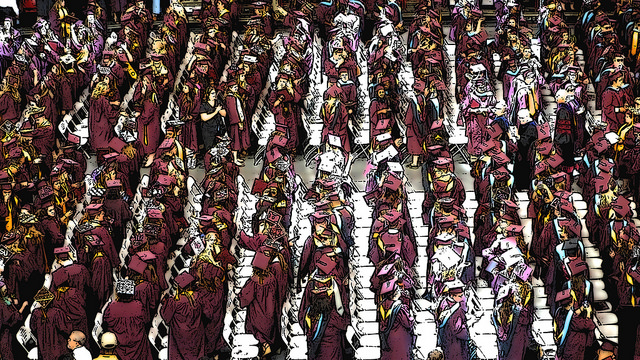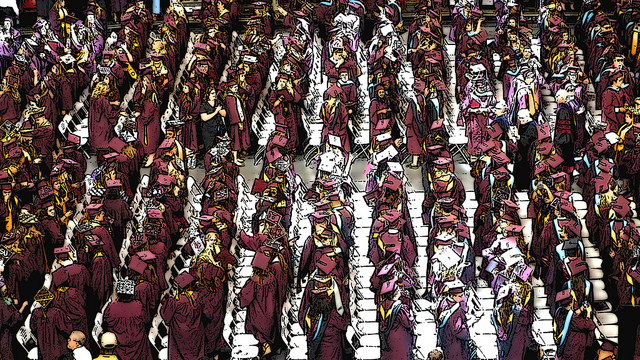There has been another stir in the media recently about who should be allowed to become a teacher with the arguments centred on the ATAR (Year 12) score of those applying to teacher education courses. And, on the face of it, I agree – people aspiring to be teachers should demonstrate an ability to digest and teach the subject content required of them and a certain level of intelligence is required to do this.
This isn’t, however, as simple as reaching a certain ATAR score. How well you score on the specific assessments required during one year of your academic life are not a great overall indication of your intelligence or ability to engage with the subject matter.
My other issue is that it takes so much more than the ability to comprehend subject matter to become a teacher. It takes a high level of patience that must be maintained in the frenetic pace of school life. It takes empathy and the ability to see the world through a child’s eyes, considering their feelings and reactions and changing your tack accordingly. It takes strong organisational skills to be able to juggle the competing demands, continually changing regulations and requirements and varied tasks that take up your day. It takes skills in negotiation and mediation, managing both interactions with children and their parents as well as skills in collaborating with colleagues.
Throughout my 13 years as a teacher, I’ve been fortunate enough to mentor a number of pre-service teachers on their journeys and have found it’s these latter attributes that are harder to foster.
There is also the added complication that, even though you might be an adult with a natural aptitude for, say, maths and science, it doesn’t automatically mean that you will be skilled at creating the conditions required to build a similar level of knowledge in your students.
I could give a number of examples of colleagues with low ATAR scores who are outstanding educators, able to build such effective relationships with students and present material in just the right way to have brain lightbulbs pinging all over their classrooms. I could also tell you about an equal number of colleagues who received high ATAR scores and clearly were subject matter experts but who just couldn’t seem to connect or get through to the students they worked with.
So when you see another media report or education ‘expert’ discussing how important it is that we recruit our ‘best and brightest’ to teaching, consider what attributes being the ‘best and brightest’ might entail. Look beyond their ATAR score to the combination of academic strengths and personal qualities that are both vital in developing teachers that inspire, motivate and educate students.



Well put Gill. What I feel is often missed is that it takes a village to raise a child and a teacher. For all the talk of coaching in the last few years we seem to have overlooked the development of people to instead focus on some odd measurement of success.
Also on: Read Write Collect
I was having a very similar conversation with my staff not too long ago!
I have lost count of how many teachers I have mentored in my 28 years of teaching, but I agree that those ‘classroom’ qualities are the difficult ones to develop, but the most important ingredients for making a ‘good’ teacher … and I don’t think the 45 teaching days in most degrees is enough time in the classroom to get a fee for them. I think it is a step in the right direction that graduates now get support/mentoring in their first year (or so) as they complete the VIT requirements. Teaching is an art that is developed and refined over time as we work towards gaining that ‘Expert’ status.
As for the ATAR, and this is something I have regularly said to my Year 12s, the ATAR is not a measure of how easy/difficult a course is … in some ways it is a measure of how popular it is! Nor is it a measure of what you are good at … it is purely a tool to help you make the first step from the linear path of compulsory education to the wider world of learning as an adult.